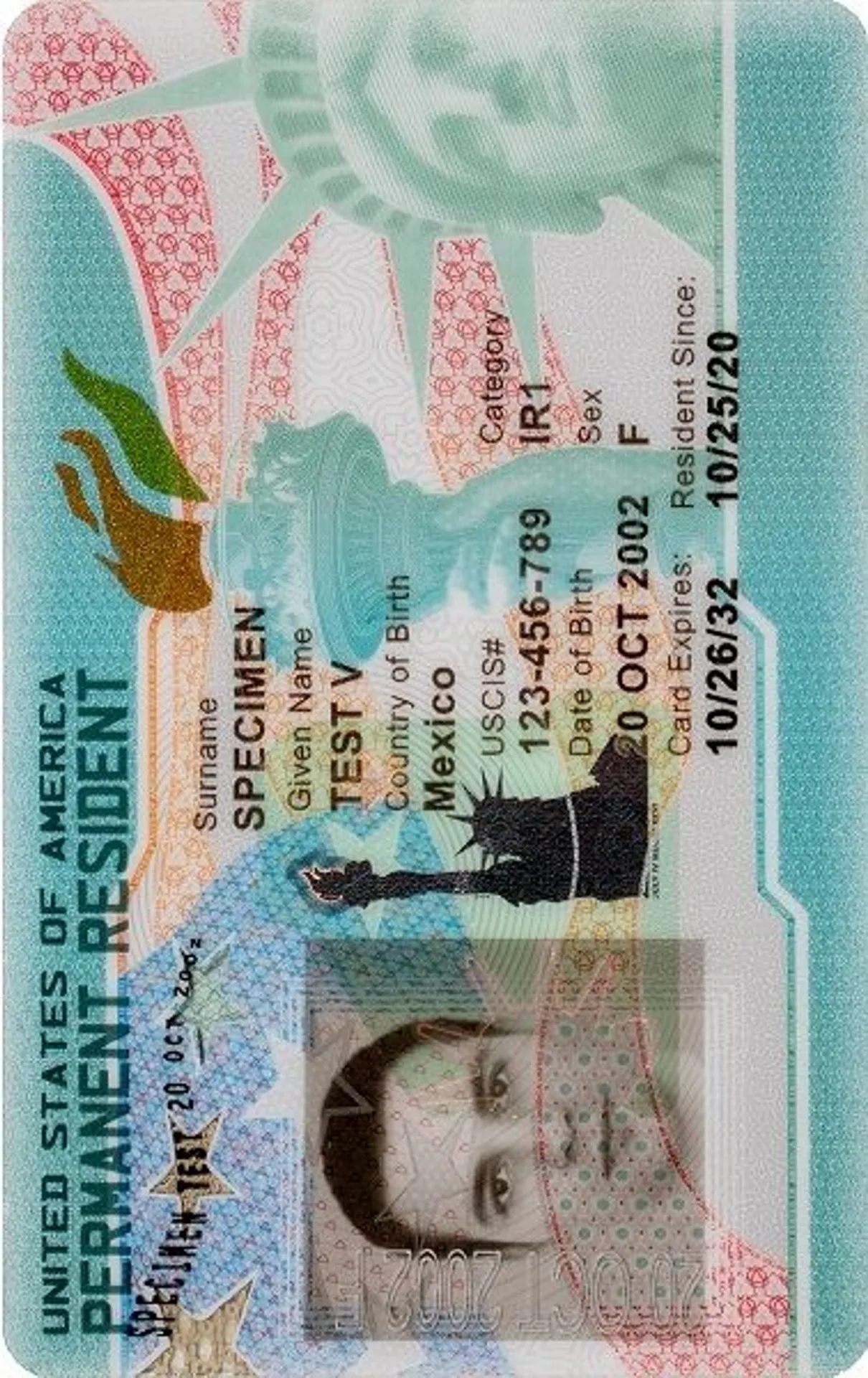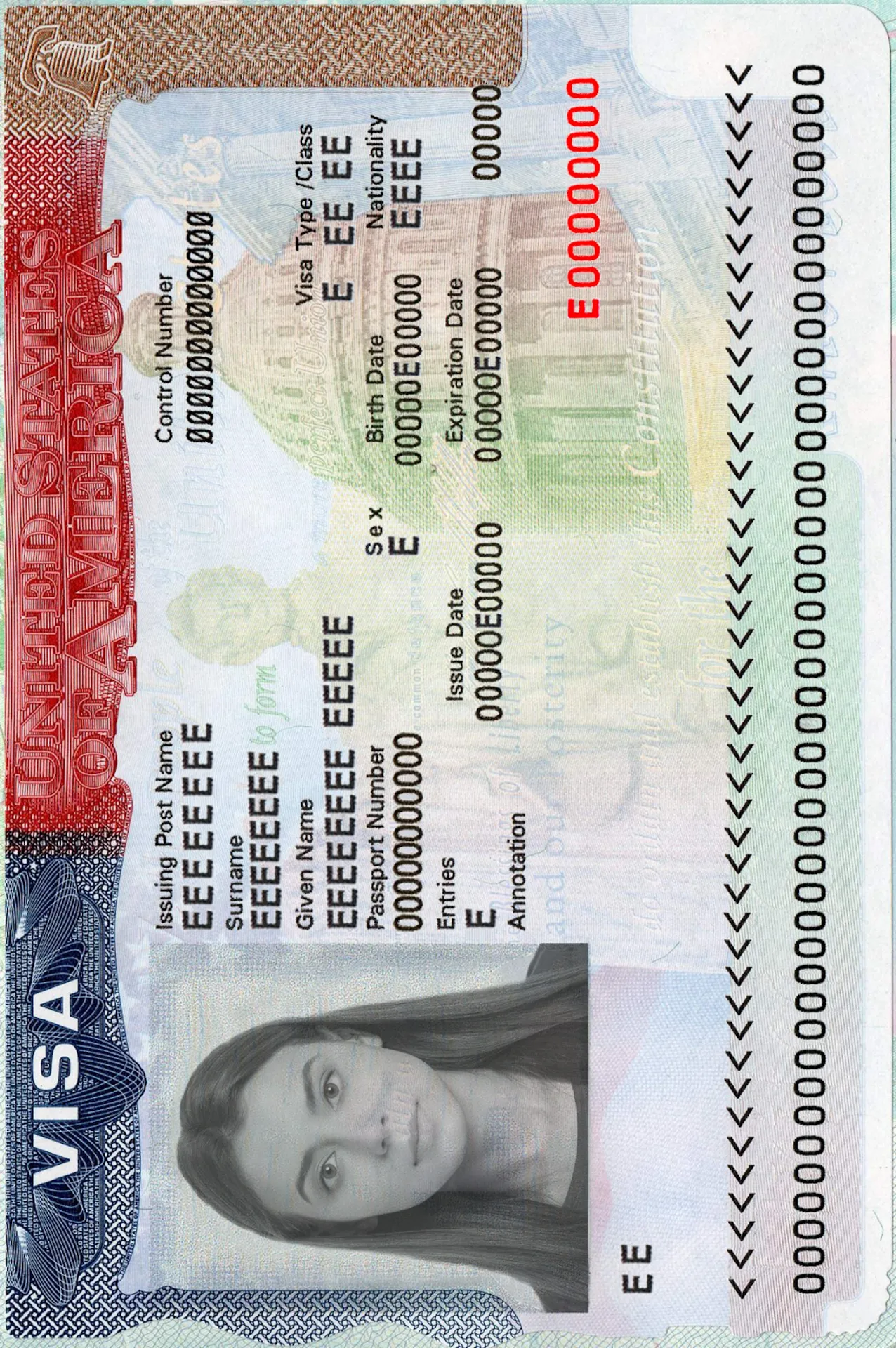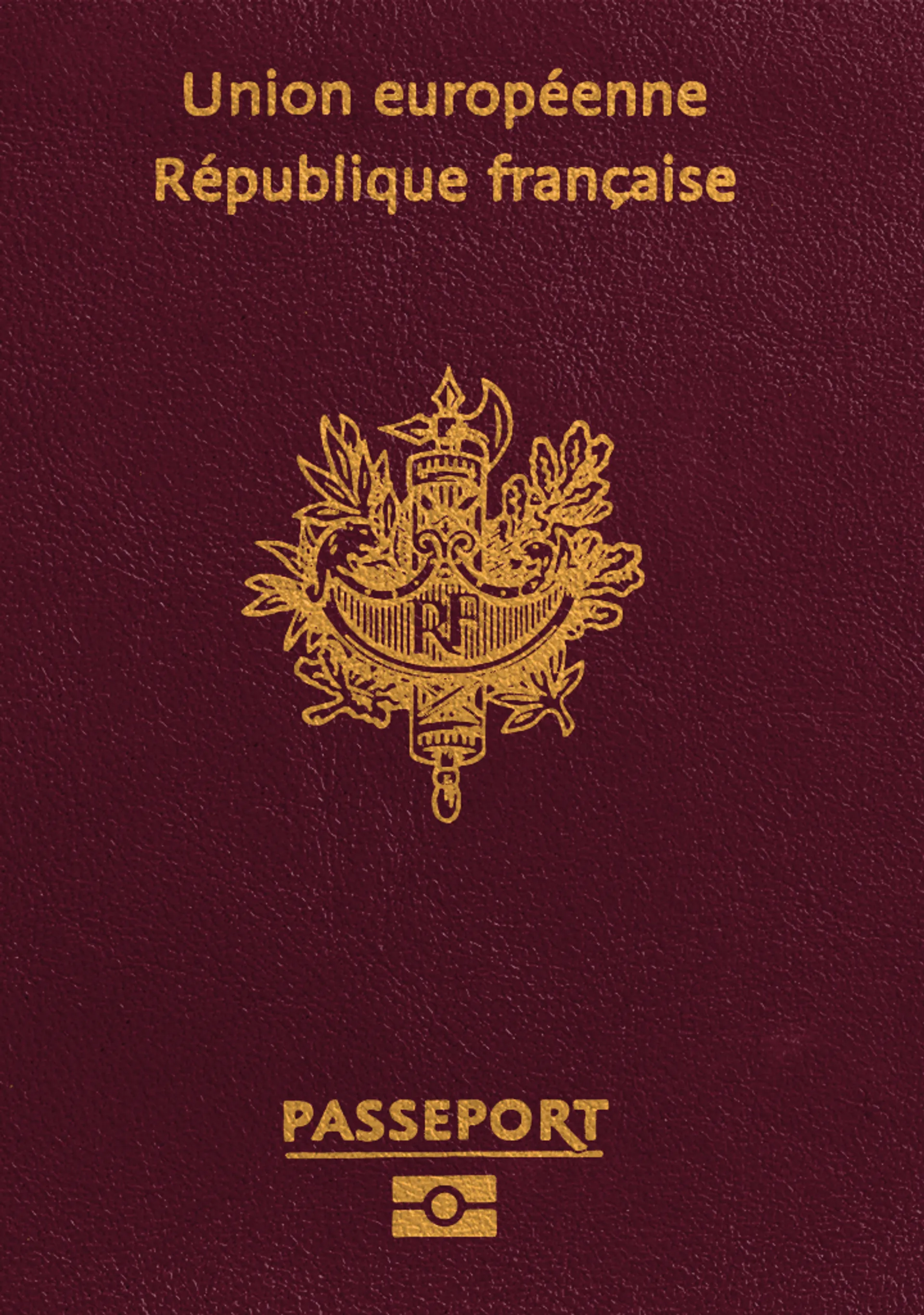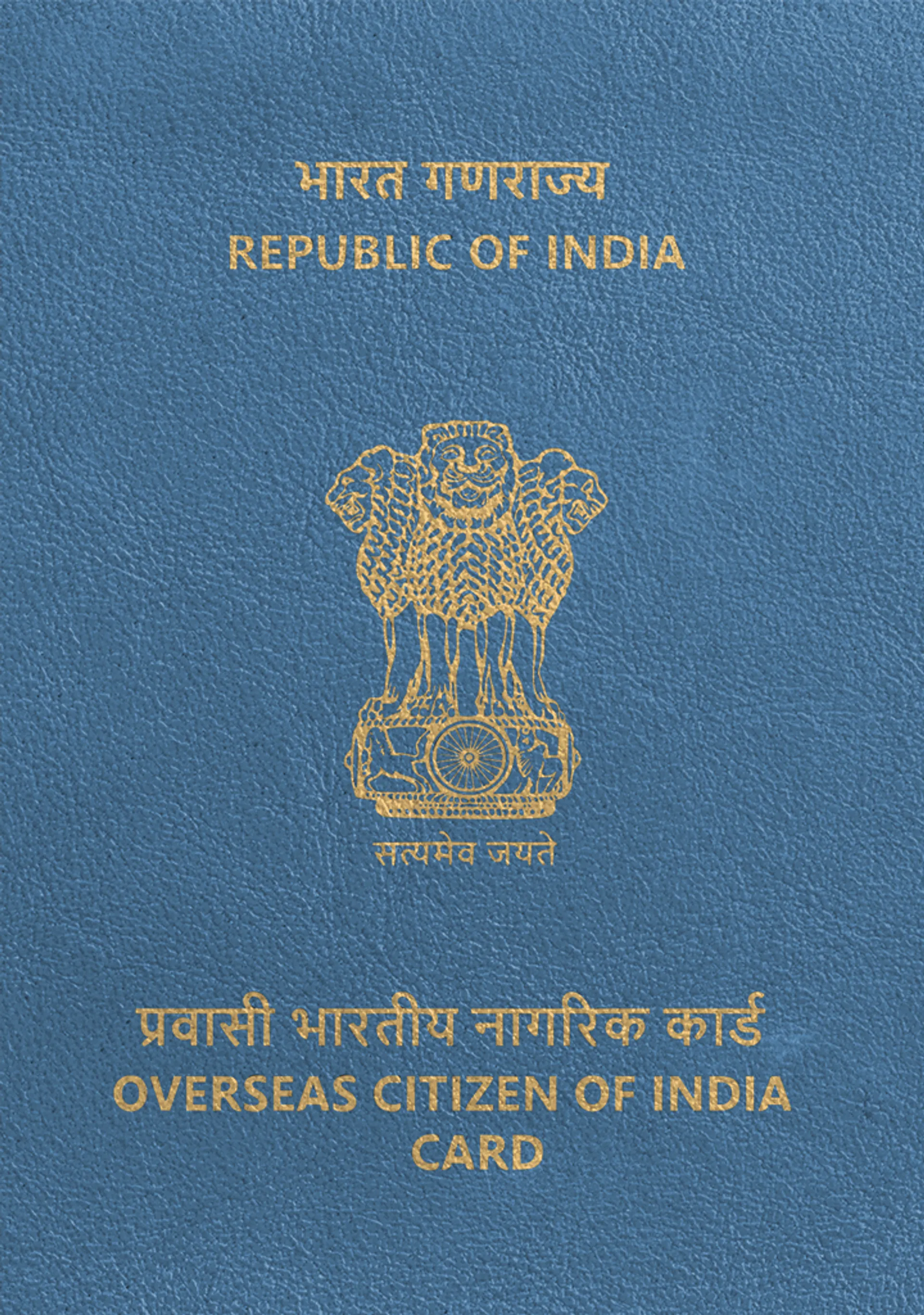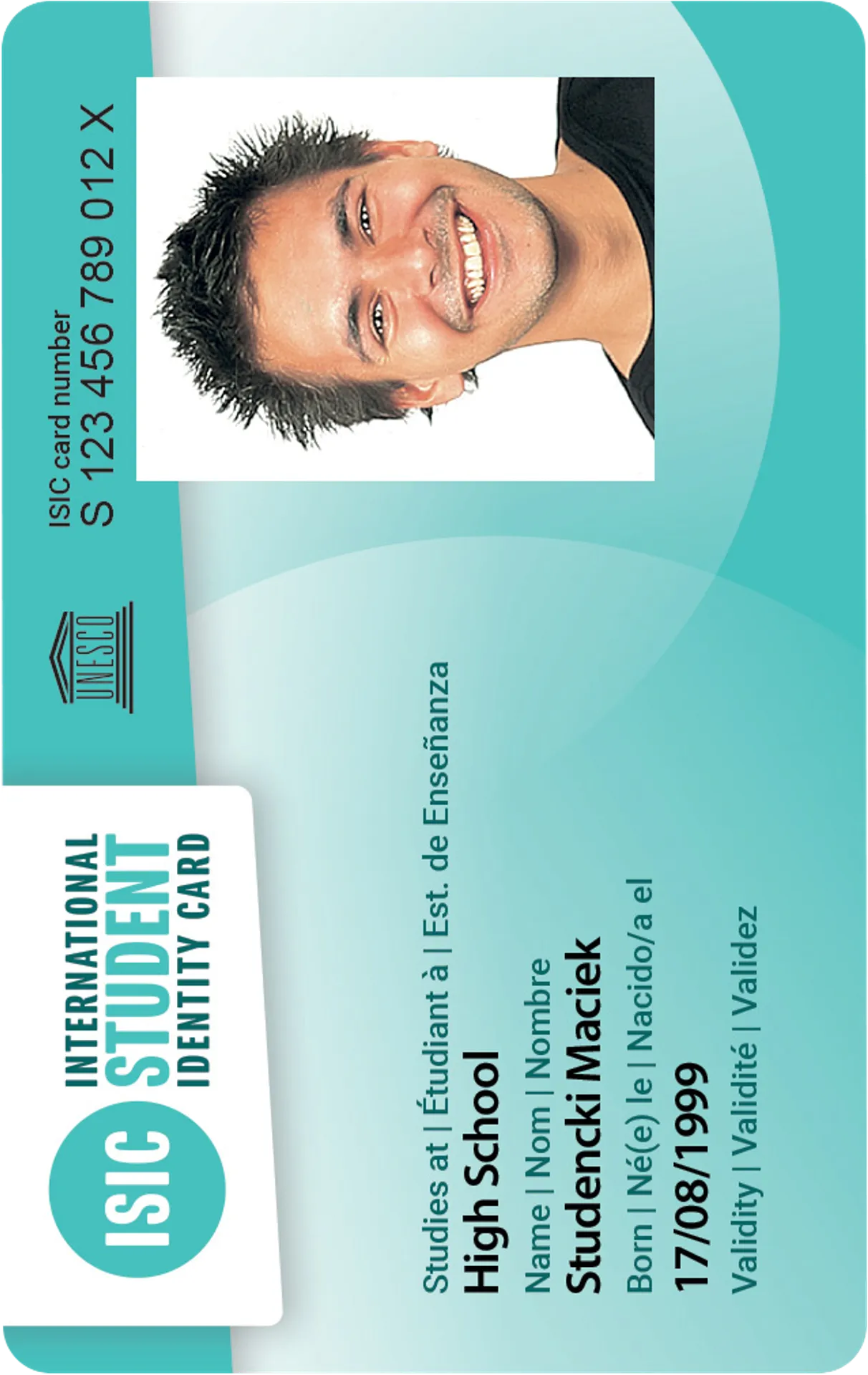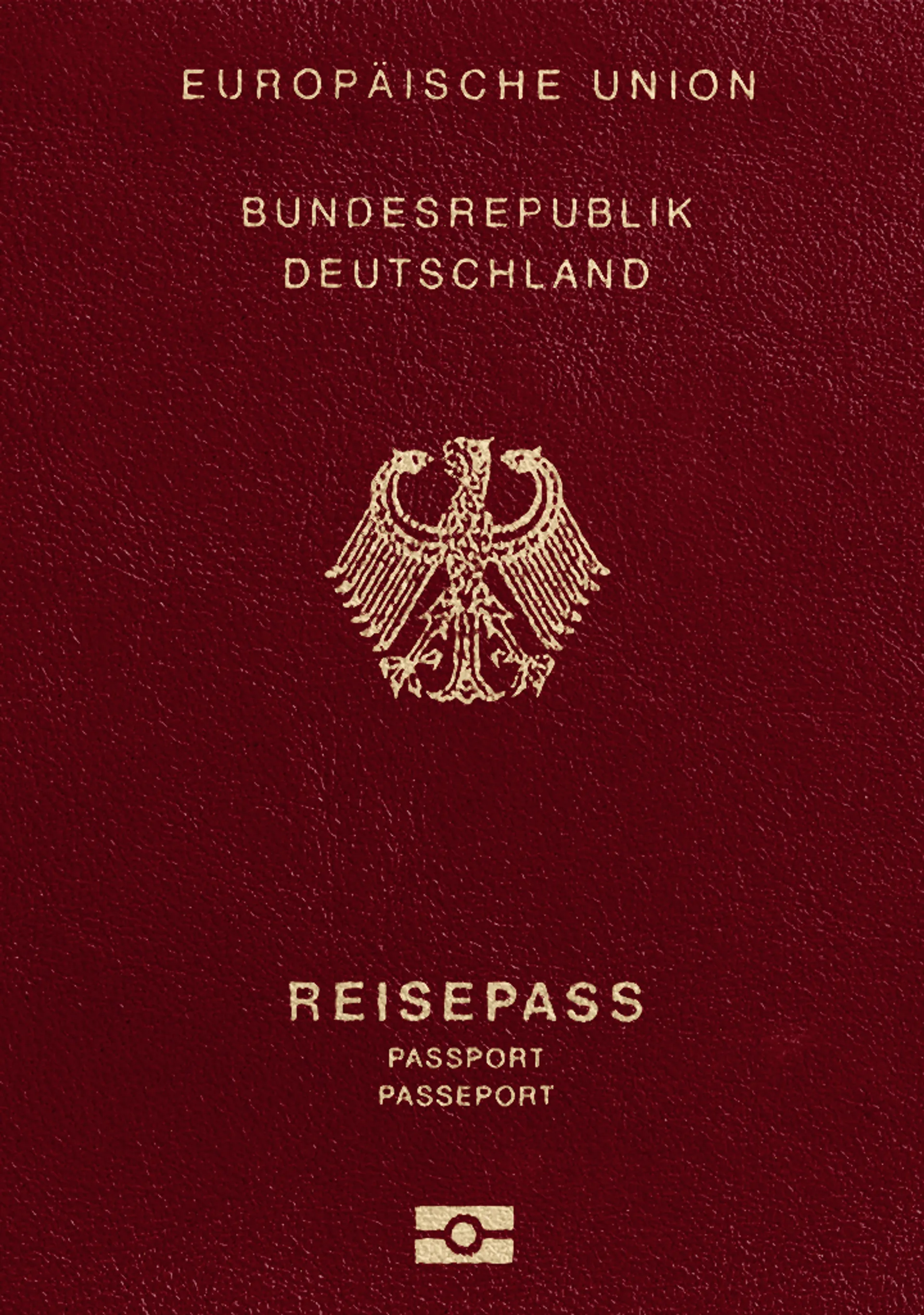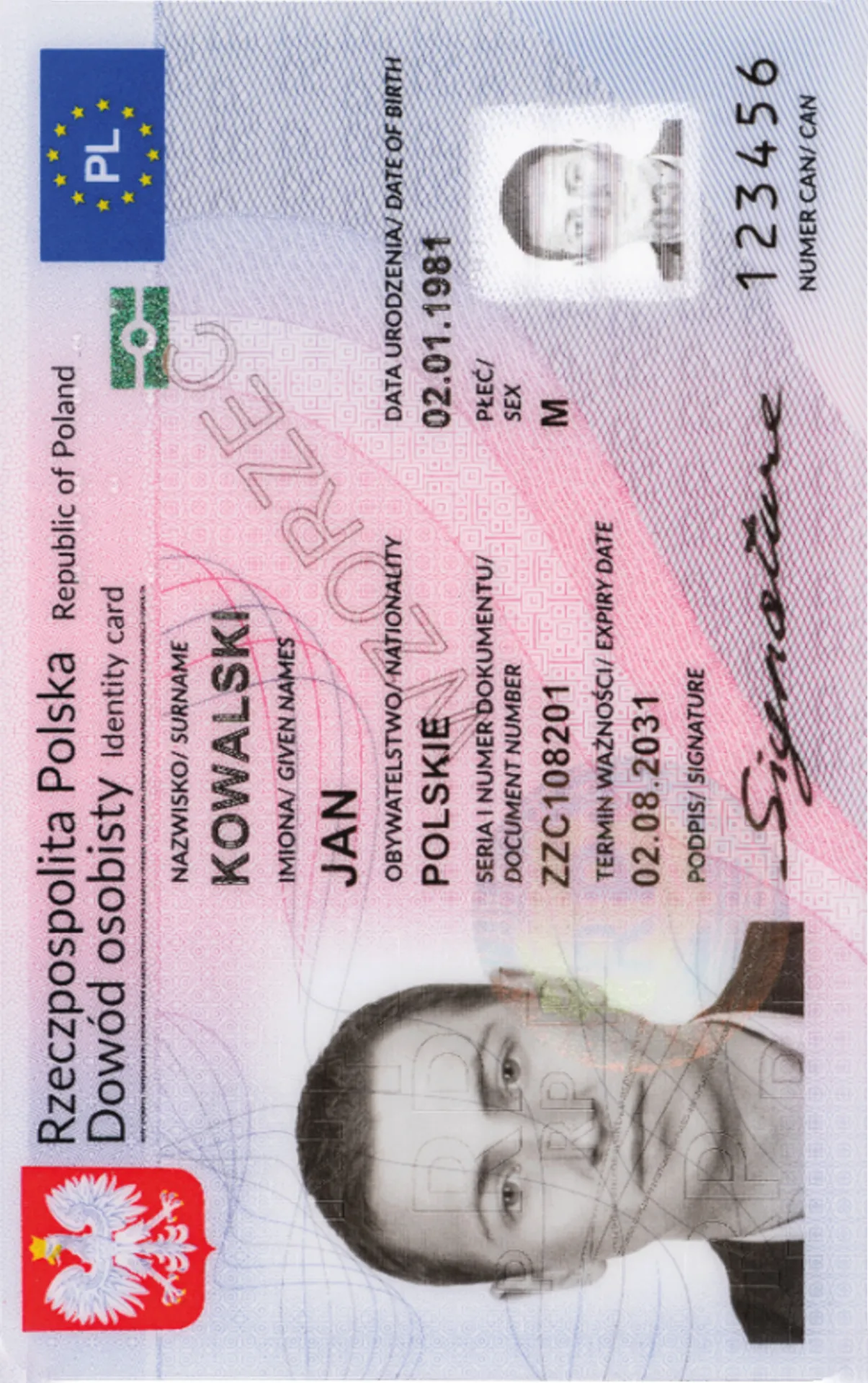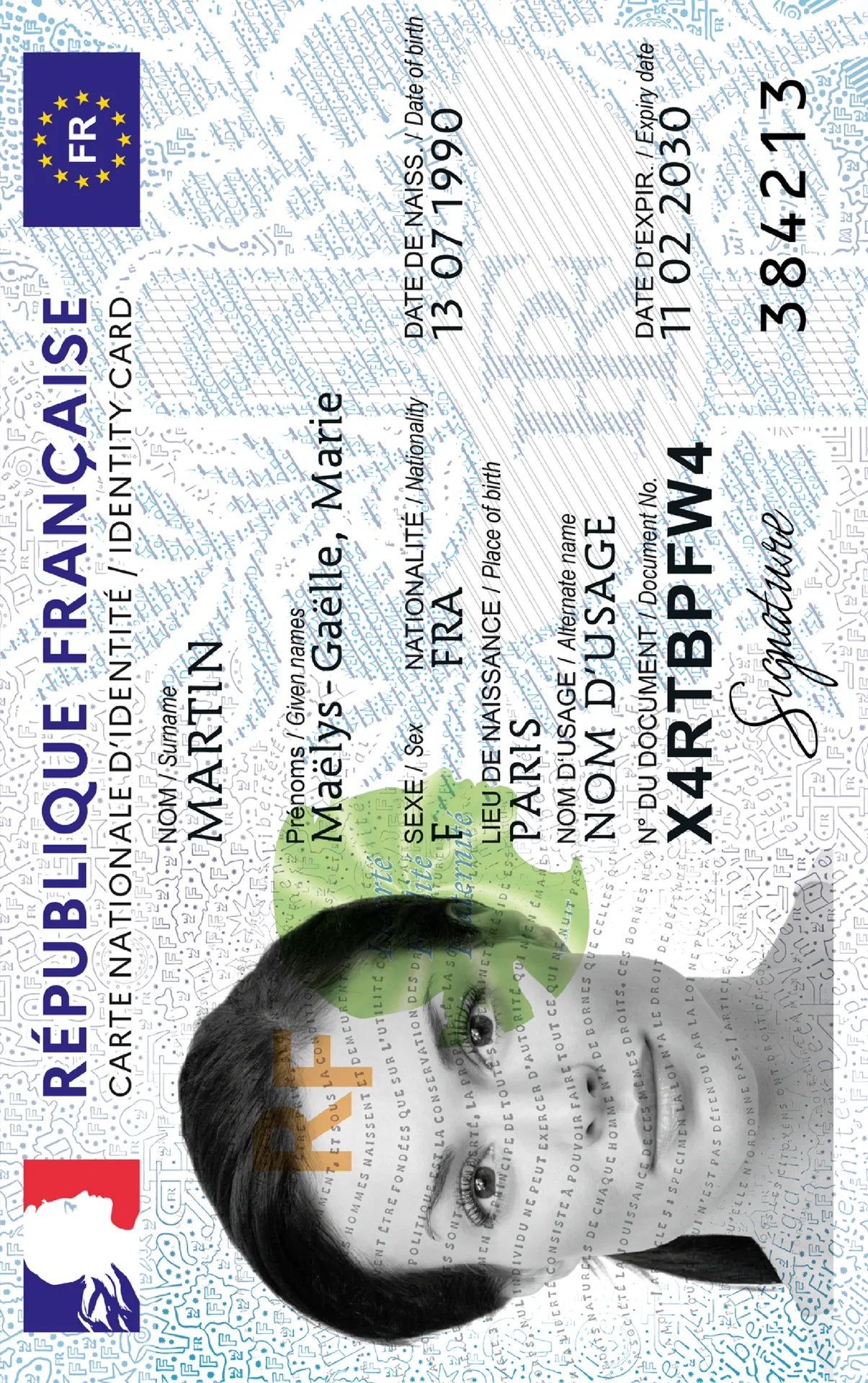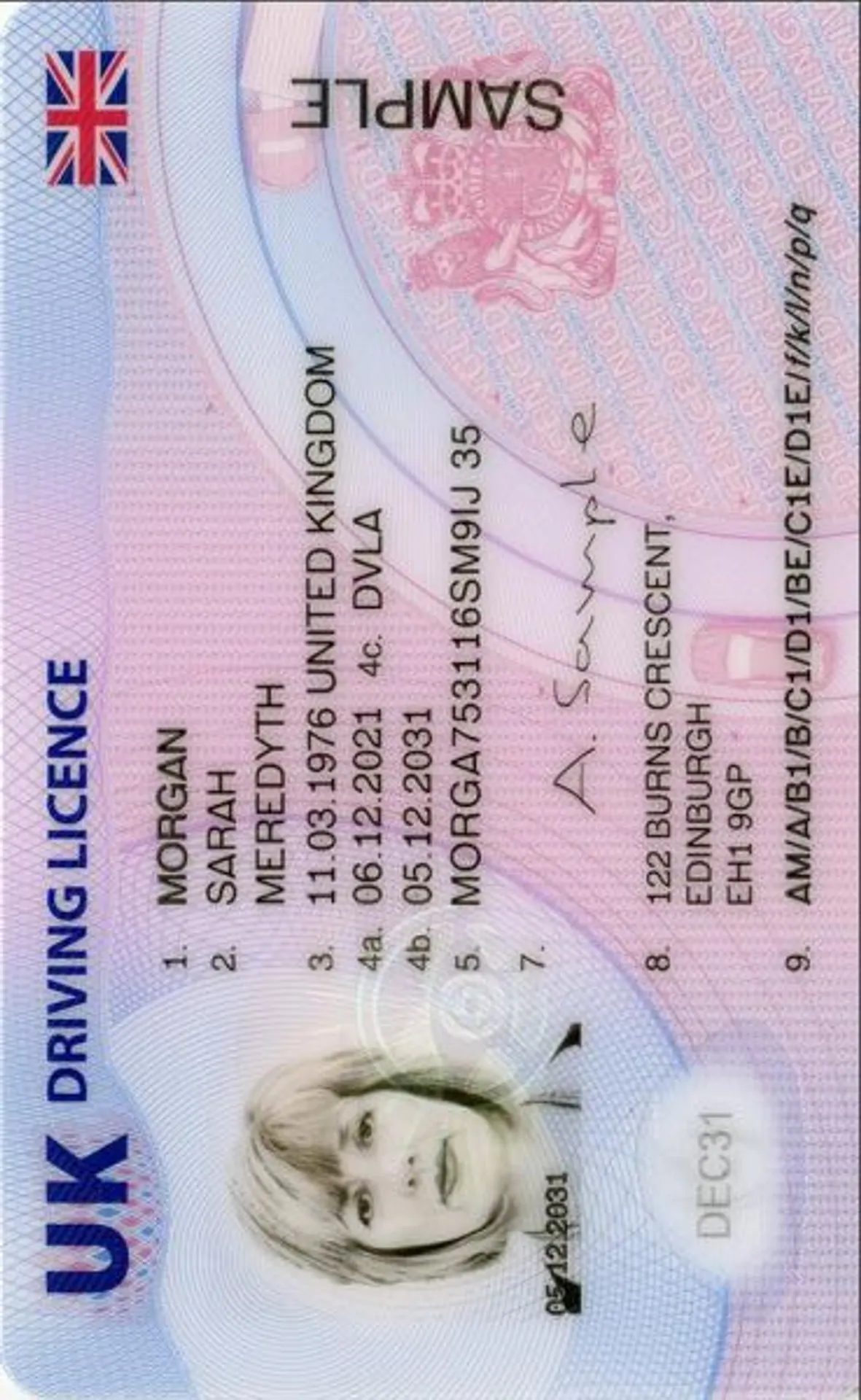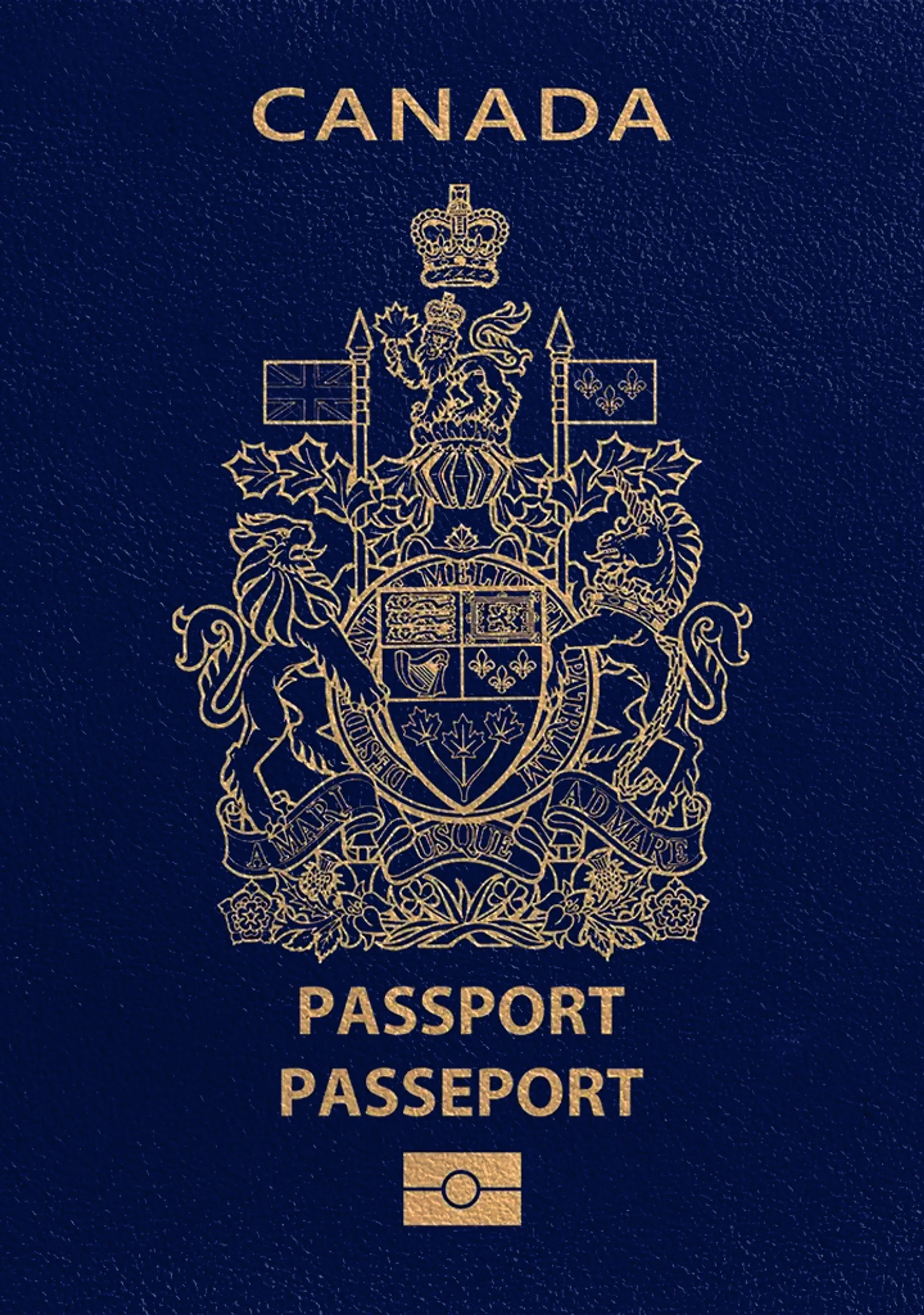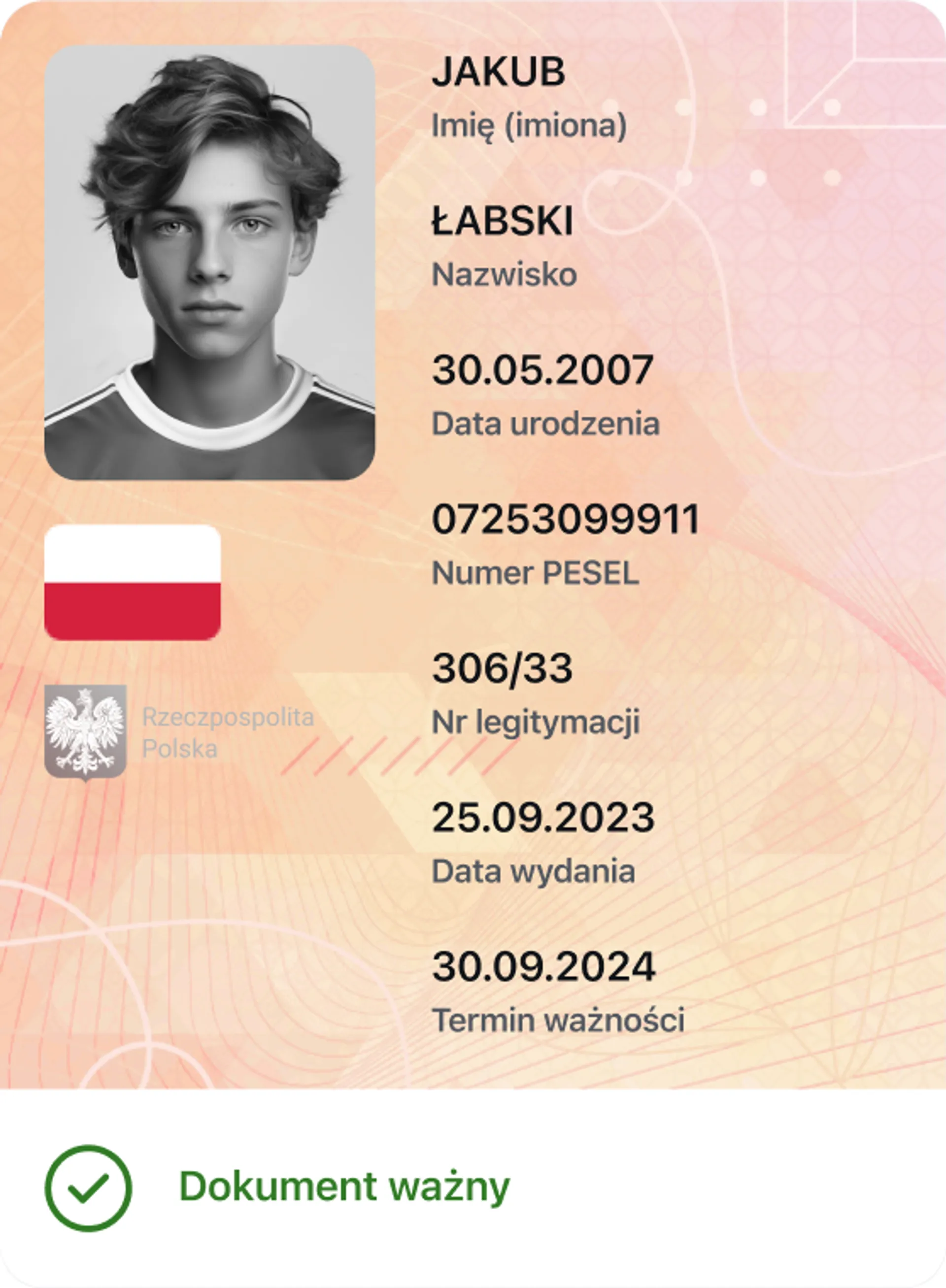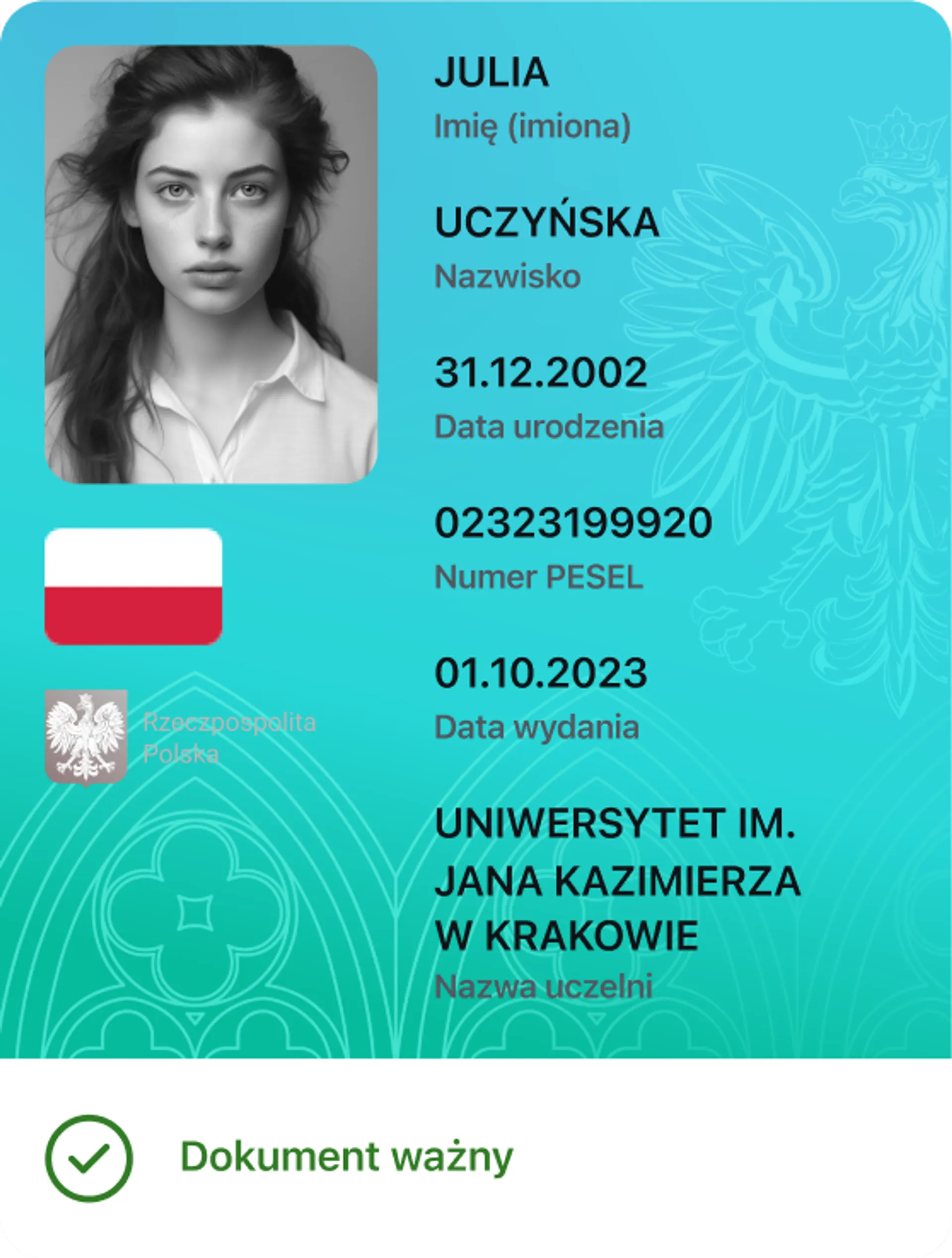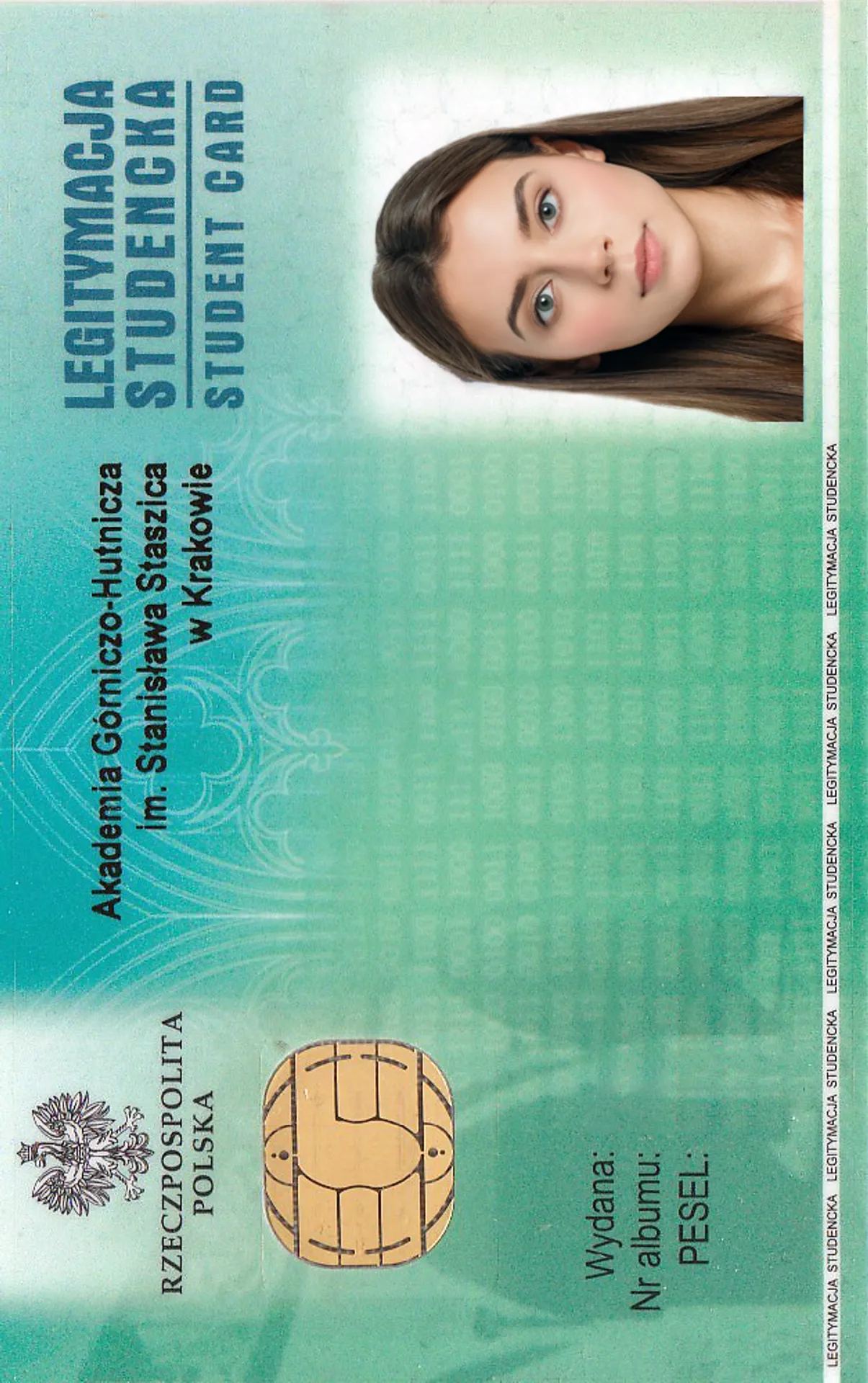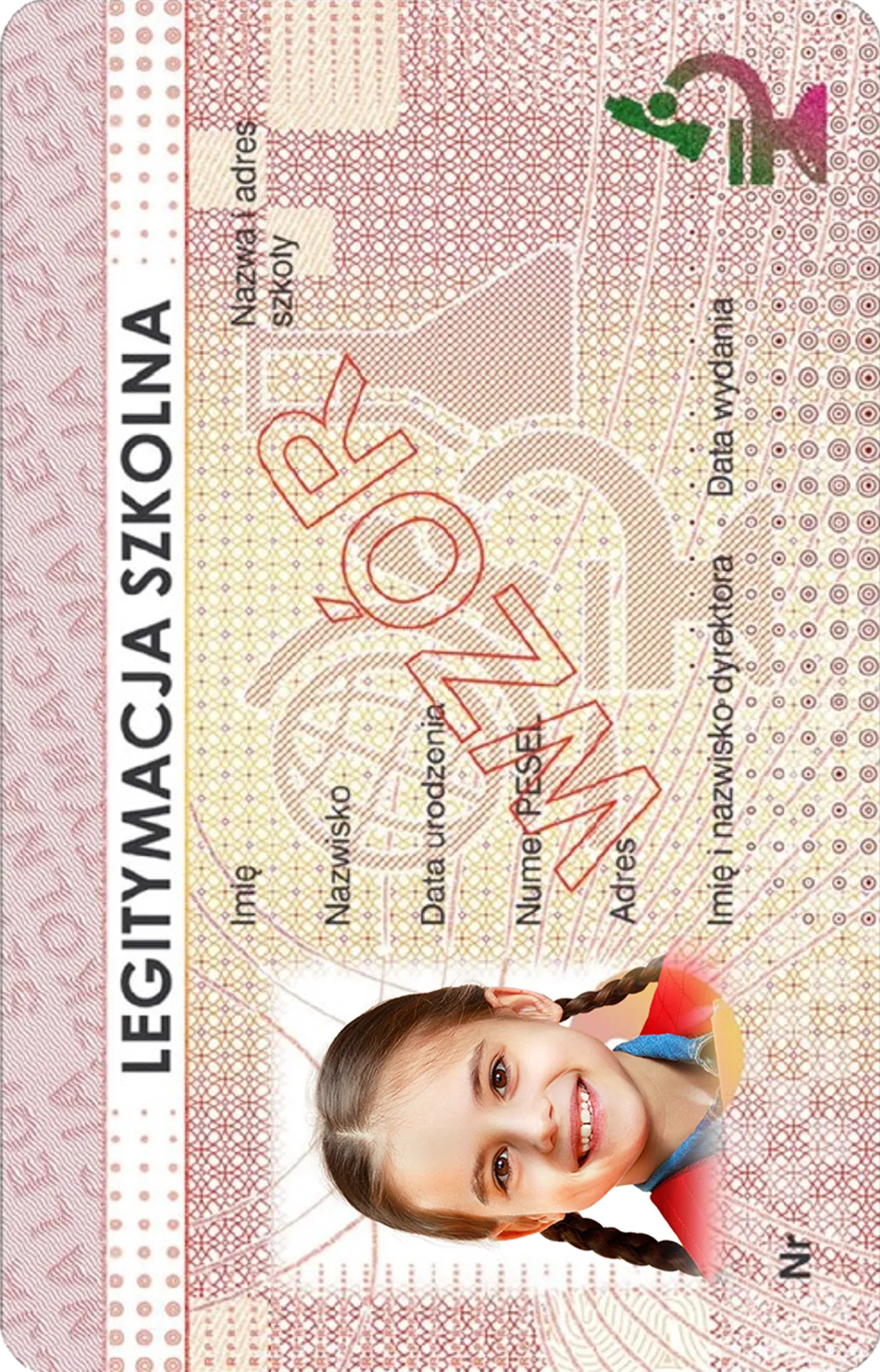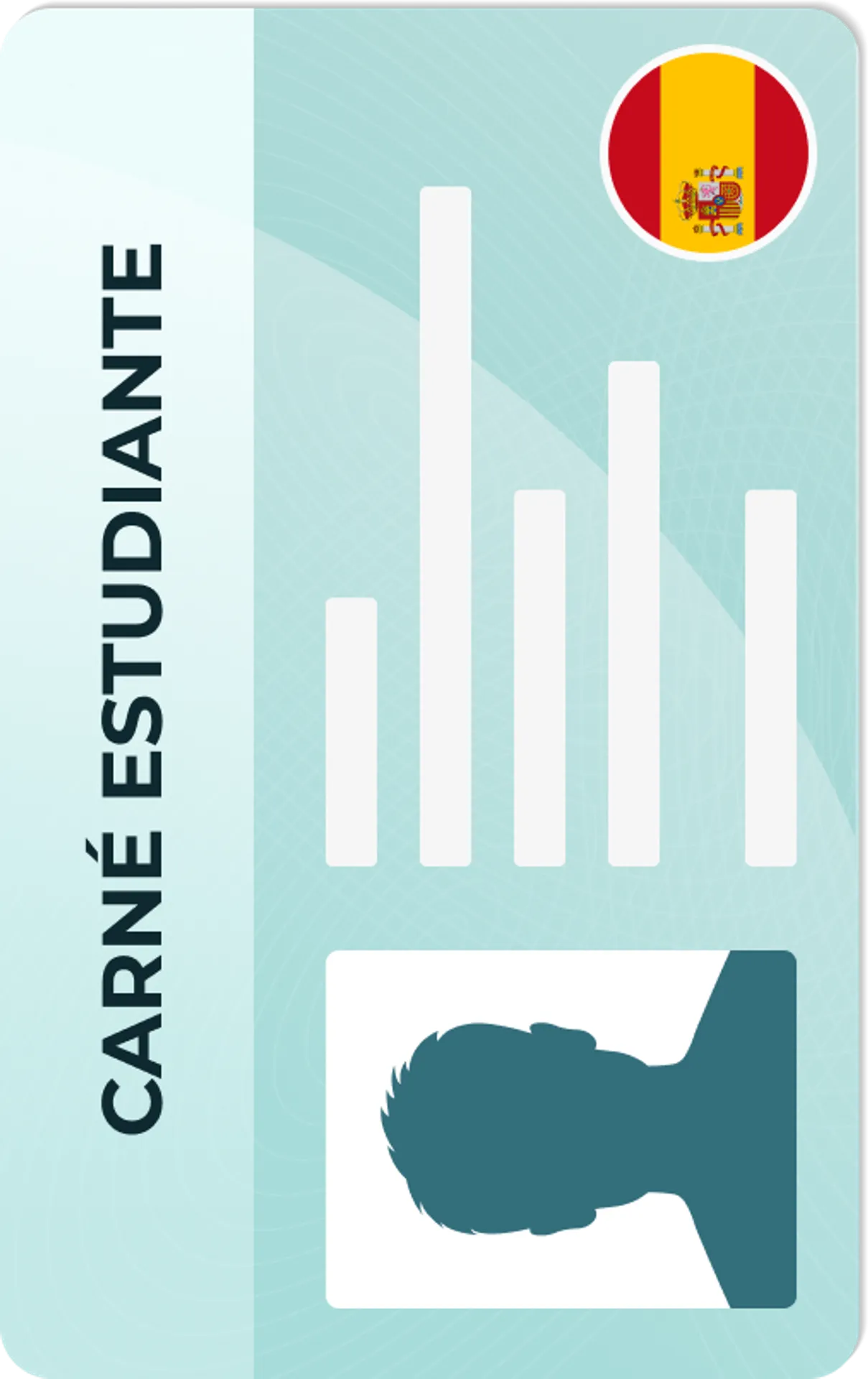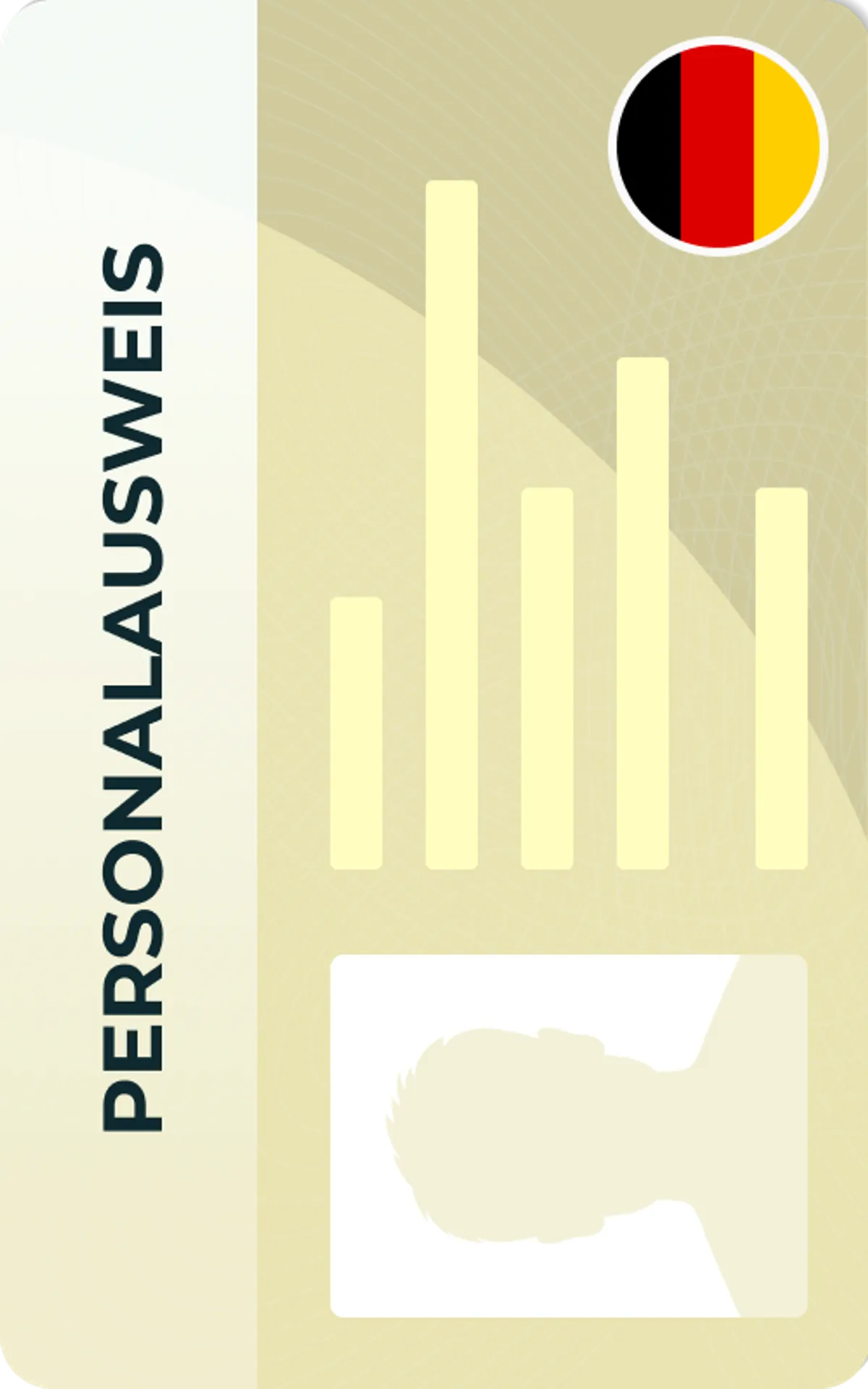Spain Visa Photo Tool

As seen in








Spanish Visa Photo - Size and Requirements

Size
Width: 35 mm
Height: 45 mm
Is it suitable for online submission?
Yes
Image definition parameters
Head height: 34 mm
Top of the Photo to Top of the Hair: 3 mm
Background Color
Off White
Resolution
600 dpi
Is it printable?
Yes
How does our photo tool work?

Take or upload photo
Take a photo or upload one from your mobile gallery. Follow our guidelines to meet all the requirements.

Get your photo verified
Let AI fine-tune your photo. Order your picture, and have it verified by an expert to ensure 100% compliance.

Enjoy your photo
Download your digital photo instantly, or have your printouts delivered to your doorstep for free!
Vule is a seasoned editor with a rich background in writing and editing, specializing in content related to passport photography. His skill lies in transforming complex information into clear, engaging narratives, making intricate topics accessible and relatable to a broad audience. With a keen eye for detail and a passion for storytelling, Vule ensures that every piece of content is not only factually accurate but also captivating and informative.
Visa to Spain - photo requirements
Spain is one of the most popular destinations for tourists from all over the world. If you are not a citizen of one of the European Union, US, Canada, Australia, New Zealand, Brazil, Argentina, or Japan - you need a Spanish visa to visit this country of amazing architecture, beautiful coast, and delicious food.
Visa to Spain is at the same time a Schengen Visa and allows its holder to stay for up to 90 days for tourism and business purposes in one or more Schengen Area countries. To get this document, you have to submit an application form together with 2 color passport-style pictures of yourself taken within the last 6 months.
Spanish visa photo Guide
If you want to enter the Schengen Area for any reason and at the same time you are not from one of the visa-exempt countries, you will be subject to the visa regime. Every country in the Schengen Area can grant you a visa which is the Schengen visa - a document with a photo pasted to your passport. The important thing is that the photo must satisfy Schengen visa photo standards.
Read our guidelines to know all about them. In this way, you will be able to create a photo meeting all Spanish (Schengen) visa requirements. We gathered every necessary information about:
- size
- composition and crop
- correct pose
- background
- colors and lights
- allowed and forbidden items
Spain visa photo at home
The good news is that there is no requirement to take a Spanish visa photo professionally. It means that you do not have to pay for the photo session and go to a photography studio. It is absolutely ok if you take and adjust your visa photo by yourself. You do not need a studio or expensive equipment. You can use your smartphone to capture a photo and the smart visa photo generator to adjust the picture when it comes to the proper size, crop, and background. Just prepare:
- smartphone, digital camera, or tablet (webcam are excluded)
- tripod or ask somebody for help
- list of the requirements for a Spain visa photo
- Spanish Visa Photo App ready to download from the AppStore or the Google Play Store
While capturing the photo, remember that your photo must be sharp, focused, and properly exposed - otherwise it will be rejected.
Spain - visa photo dimensions (size)
If you're applying for a Spanish visa from the US, make sure to get your photo taken according to the required dimensions. The Spanish visa photo size is 35 mm x 45 mm, which is different from the standard US visa and passport photo size of 2 x 2 inches. You can save time and money by getting your US visa photo online, but make sure to use a reputable service to ensure your photo meets the necessary requirements.
If you want to be 100% sure that you attach to your application form a photo in the correct size, use the Spain visa resizing App which automatically resizes uploaded photos to the right dimensions. And you don’t even need to know them in mm or inches! Just let this App do it for you!
Spanish visa photograph right crop
The head of the candidate must fill in 70 - 80% of the image. The head image cannot measure less than 32 mm and more than 36 mm.
The visa photo crop must show the candidate’s all face with hair from the tip of the chin to the top of the head, neck, and upper part of the shoulders. The face should be clearly visible and there must be a space left between your head and the photo’s edges. If you have voluminous hair, consider wearing it up as it cannot “touch” the upper edge of the picture.
To obtain this effect, do not use zoom in your camera and don’t cut out the head’s image from a larger picture. We advise you to keep a distance of 1,20 - 2 metres between you and a photographer or tripod. Or you can
Background and colors in a Spain visa photo
You must provide 2 biometric, color photos taken on a light background. The biometric photo which the Spanish visa photo is - must show your natural skin tones and the real color of your eyes.
The background should be grey. You may choose a shade of this color - if you have a dark complexion and/or hair, pick up the light grey and the other way around. In this way, you will obtain a satisfying contrast and you will not blend into the background.
It is obvious but we would like to remind you that no objects or people can be visible behind you. It applies to the doors, home decorations, landscapes, etc. The background must remain absolutely clear and plain, with no patterns or spots.
How to do it? The good news is that you don’t have to even think about the background in your Spanish visa photo! All you have to do is to upload your picture to the background remover photo app and this tool changes the wrong background into the required one in one second!
Lightning in a Spanish visa photo
The first rule about light in a Spanish visa photo is not to use a flash lamp. It may cause glares and a “red eyes” effect which disqualifies the picture. The best idea is to use daylight and to pose facing the window. If you use lamps, make sure that they illuminate your face symmetrically because both sides of your face must be evenly visible.
Be also aware that the picture must be properly exposed. In order to make it not overexposed or underexposed adjust the brightness in your camera options. Adjust the contrast and focus functions too if they are not adjusted automatically. However, if you take a picture with a smartphone, your device will regulate all the parameters automatically.
Head covering in the Spain visa photos
There are different types of head coverings and some of them are allowed and some - not.
Hair and head covering used as a part of a religious attire (like hijab, turban or yarmulke, etc.) may be worn in the visa picture. So, you can cover your head for religious reasons but make sure that this item does not obscure your face. Your facial features including front and chin must be clearly visible in the photo. For a proper contrast, wear headgear in color contrasting to the background. Use a headscarf in a unique color. You may keep your head covered also for medical reasons such as a loss of hair or recent head surgery.
Glasses and accessories in the Spain visa photo
If you wear eyeglasses, make sure that light does not give a glare on them. It happens often when the photo is taken with a flash lamp, that is another reason not to use it.
If you do not take off your eyeglasses for the picture, remember that their frames must not cover your eyes and that their glasses must be transparent.
When it comes to accessories such as jewellery or hair decorations - massive earrings might obscure your face oval and in such a case your picture will be not accepted. Huge hair decorations and scarves are also “risky”. If you have facial piercing, you do not need to remove them for a photo, but these items must not give a shadow or glare on your skin.
Spain tourist visa photo quality requirements
As you know, you are obliged to submit 2 identical photos printed on high-quality paper together with your Spain visa application form. Applying for a Schengen (and any Schengen Area country including Spain) visa online is not possible at the moment so need to print your digital photo once you receive it at your email address.
You can do it in for example one-hour photo store or self-service photo point. Do not use your home inkjet printer as the print must be produced using dye sublimation and on he photo-quality paper.
More about technical requirements for the Spanish visa photo. The photograph must be:
- ff resolution of a digital image ready to print must be at least 600 dpi
- sharply focused in all areas, rich in contrast and clear
- in natural colors (not black and white or with color filters)
- printed on photo-quality paper in color
- clear and in focus
- unaltered by computer software
- well exposed (not underlit or overlit)
Spanish visa - posing in the photo, facial expression, composition
In the picture you must:
- be facing forwards
- be looking straight at the camera
- not tilt your head
- not smile or show teeth
- keep your eyes open and mouths closed
A natural, relaxed facial expression is required. The photo must be a close-up, but not a selfie.
The head must be positioned centrally in the image, the camera lens must be situated on the eyes line.
If you are not sure if your photo is correct, use a Spanish Visa verifying photo app. This app instantly informs the user if their photo meets all the requirements set for a Spanish visa.
7 candidates’ most commonly made mistakes while taking a Spanish visa photo
If you want your photo to be accepted and avoid the delay in processing your visa application, strive towards creating a perfect photo. Below we present the mistakes made by some candidates. Maybe it will be helpful for you to know them.
- Wrong size (especially candidates from the US attach photos 2 x2 inches)
- Smile, frowning or making grimaces
- Open mouths
- Tilted head or not an en-face view
- Quality problems (photos not focused, blurred, not properly exposed)
- Face not entirely visible because of head coverings or voluminous hair
- Computer software alterations (most commonly by Photoshop)
Spain visa photo near me
Did the question “where can I take a Spain visa photo near me?” crossed your mind? If so, the answer is very easy:
You can take the Spanish visa photo there where you want!
With our smart visa photo app, you are able to produce an absolutely correct visa photo in 5 seconds. Your photo will be resized, cropped, and adjusted to all demanding.
Spanish Visa Photo Maker
Do you want to have a tool that adjusts the size, crop and, background of your photo in one second?
If yes, we would like to invite you to download our intelligent Spanish visa photo app. You can download it from the AppStore for iOS operating devices or from the Google Play Store for Samsung, Nokia, and many other smartphones. This App verifies every uploaded photo, so you will get feedback about your visa picture. And if the App marks it as a correct one, we guarantee you the acceptance of the Spanish embassy or consulate!
How to prepare yourself?
Distance from the camera
Take the photo from a distance of about 20 inches from your face. Ideally, the photo should be taken by another person.
Face in front of the camera
Place your face in front of the lens and keep a neutral expression on your face. Hold the camera at face height.
Even lighting
Just stand facing a light source such as an exposed window. Don't worry about the background.
Documents
We provide photos for IDs from all over the world. You’ll find the one you are looking for!

Popular Documents
Popular Documents Around the World
Related documents

FAQ

It’s easy! Just use a Spanish resizing visa photo App, upload the photo and it will be resized automatically.
The minimal resolution of a digital Spanish visa photo must be 600 dpi.
If your photos do not satisfy all standards, you will be obliged to provide a new photograph and all the process of your application will be temporarily stopped.
Yes. Every country in the Schengen Area has the same requirements for visa photos.
No. You are not allowed to wear the uniform or clothes resembling the uniform in your Spain and any Schengen Area country visa photo.
There are some photo studios or photo booths where you can capture your picture, if you live far away from the city center or you just do not want to waste your money for traveling and searching such a place - prepare your visa photo wherever you want with your smartphone and online visa generator. Not only to a Spanish visa! It works for all passports, many visas, and other official documents photos!
Are you looking for an online photo maker that easily crops, resizes, and at the end verifies your photo dedicated to a visa? You can download the visa and passport photo app from the AppStore or Google Play Store and install it on your phone, tablet, or computer.
This is not forbidden to wear eyeglasses in the photo for the UK Spanish visa if the glasses are not colored or tinted. Just make sure that frames do not obscure your eyes and glasses do not give glare.
No, it is not recommended. The image must be a close-up but do not use a zoom function. Just take a picture with standard camera settings and then crop it properly. With our smart visa photo editor, you will be able to correctly resize and crop your image in one second.
This must be an en-face view of your face, neck, and the upper part of the shoulders. The head with hair should fill in 70 - 80% of the image. To simplify: dimensions of the head must not be less than 32 mm and more than 36 mm.
You have the possibility to edit the background with the smart Spanish visa photo App. Do not do it with Photoshop because you risk in this way a rejection of your picture.
The light-grey color of the background is a must. Moreover, the background must be unique in color, free of shadows, patterns, and spots.
No. 2 x 2 inches (51 mm x 51 mm) is a standard US passport-style photo and this is not suitable for a Spain/Schengen Area visa. You need to take a new picture to attach to your EU visa application. Keep in mind that most photo booths in the US offer this photo sizing, so consider taking the photo by yourself. With our resizing and cropping photo App you can prepare a picture which in 100% satisfies the Spanish visa photo requirements.
Yes, but only if you wear one as a part of your religious attire. Remember that your head covering must not cover your face or drop a shadow on it.
No, don’t smile. A natural, relaxed face expression is a must. Keep your facial muscles relaxed and don’t blink.
It must be an en-face view with the head centred. In your photo, you must be facing forwards and looking straight at the camera with your mouth closed and eyes open.
No. You are not allowed to print it with an inkjet printer, the visa photo must be produced using dye sublimation and on photo-quality paper.
At the moment online application for a visa issued by Spain is not possible. Your photo must be printed in two pieces.
35 mm x 45 mm is the only correct size for the visa photo in Spain.
No. Your photograph must not be cut out from another image. You can capture it with a smartphone and adjust to the requirements with the Spain visa photo online app.
No. Visa photos must be biometrical and only color photos meet this requirement. So do not use filters and remember that a Spanish visa picture must reflect the natural tones of your skin.
Two identical and color prints must be provided.
The Spain visa photo must be:
- in color
- sized 35 mm x 45 mm
- taken on light-grey background
- With the head centered and visible from the crown to the chin (the neck and the upper part of the shoulders must be visible in the crop too)
- printed on a good quality paper
Yes, every country in the Schengen Area can issue an entrance visa which is at the same time a Schengen Area visa permitting to stay in other European Union countries.

Are You Satisfied With Our Service?
Let us know how we’re doing.
Customer feedback is always welcome.
Rate Your Reading Experience:





Rating: 4.8/5
Number of votes: 154












